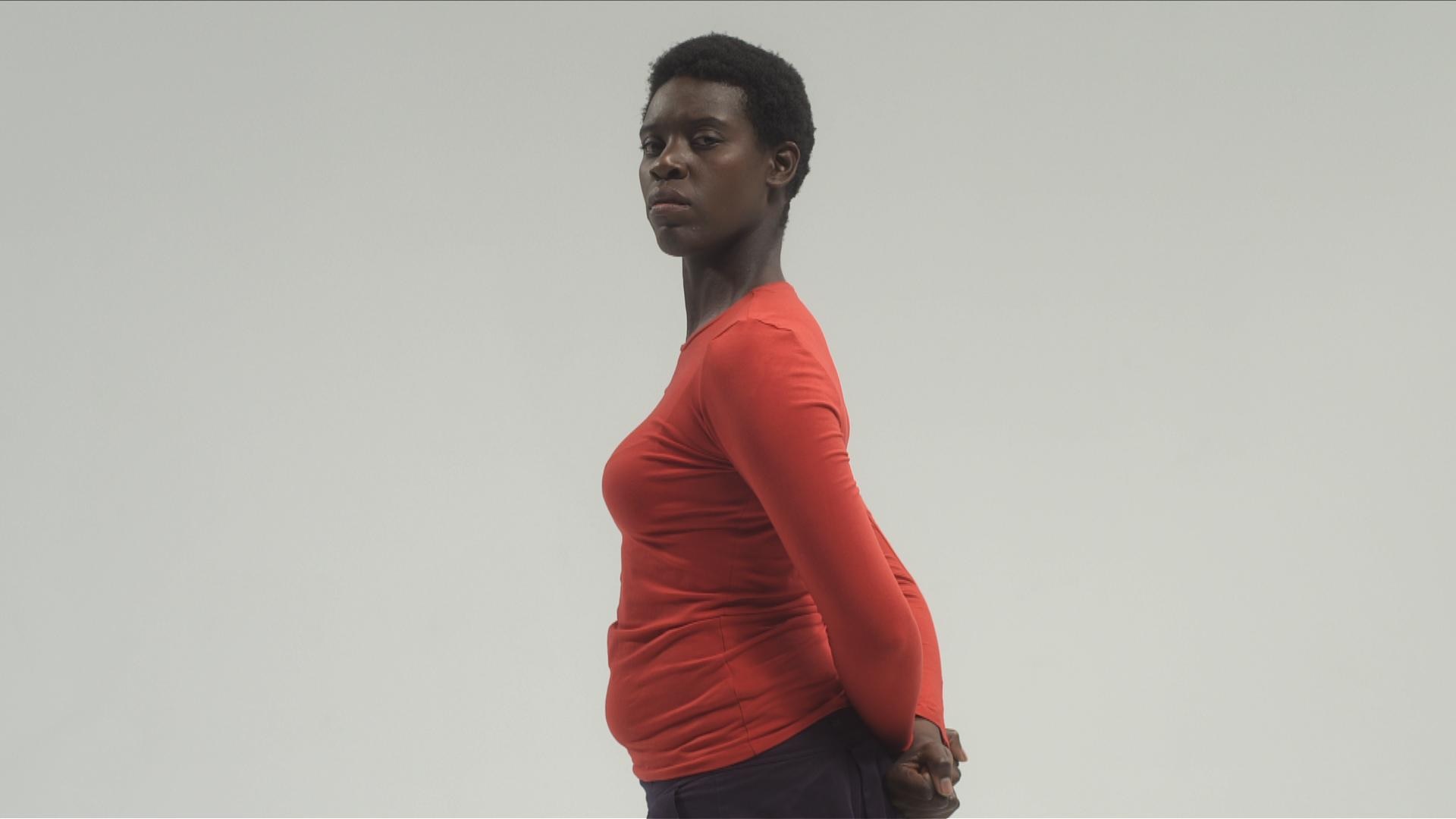Two films by Brad Butler, a London College of Communication (LCC) Research Fellow, feature in Hayward Gallery exhibition MIRRORCITY, open now until Sunday 4 January 2015.
MIRRORCITY explores the effect the digital revolution has had on our experiences. It includes recent work and new commissions by emerging and established London-based artists who seek to address the challenges, conditions and consequences of living in a digital age.
Brad completed a PhD at LCC under supervisor William Raban and has since become a Post Doctoral Research Fellow at the College.
Brad and his creative partner Karen Mirza have been shortlisted for the sixth Artes Mundi Prize, the UK’s biggest contemporary art prize, and will exhibit with other shortlisted artists in Cardiff from 24 October 2014 until 22 February 2015.
UAL Research caught up with Brad to find out more about his current projects.
Tell us about the work you are showing in MIRRORCITY.
I am showing a new work, ‘Everything for Everyone and Nothing for Us’, alongside an existing work, ‘Hold your Ground’. Shown side by side, these two films speak to each other, though there’s a slight awkwardness about their conversation. They are both about languages of protest, and the relationship of the body to protest.
‘Everything for Everyone and Nothing for Us’ is set in a TV studio, where a protester-in-training listens to audio extracts from a political speech by Margaret Thatcher. Having absorbed the sounds, the protester uses movement to exorcise Thatcher’s voice, retraining the body to resist capitalism.
In ‘Hold Your Ground’, the same protester struggles to turn utterances into speech. Her efforts are interrupted by archive footage of protests in Egypt, Northern Ireland and London. Eventually, she manages to pronounce four phonetic phrases reconstructed from Arabic, meaning ‘hold your ground’, ‘Egyptians’, ‘homeland’ (of the earth, of the Nile) and ‘strike’.
The title of ‘Hold Your Ground’ is taken from the pamphlet How To Protest Intelligently. ‘Everything for Everyone and Nothing for Us’ echoes the slogan of the Mexican Zapatista liberation movement, which began its struggle against neoliberalism, exploitation and racist oppression in 1994.
Why did you choose LCC for your PhD studies, and how did you find the experience?
I chose LCC based on the supervisors primarily. William Raban and Elizabeth Edwards understood my project and process. It was, for me, a perfect match of expertise and timing, and before I knew it I was in the programme supported by LCC’s Research department to find funding.
From there it was a great experience and formative for my work. While academia may not suit every praxis, it proved to be a chance for me to go deeper in a supported semi-autonomous way.
The links later on to a post-doctorate have felt natural. So far I have been encouraged and I feel I fit. Basically, over the last 19 years of being an artist I have worked out the hard way how important it is to work with the right people. Even great ideas will become exhausting if that is not a priority.

Brad Butler talks about his research at LCC’s Graduate School Festival, May 2014. Image © Lewis Bush.
Read the original interview in full on the UAL Research pages

